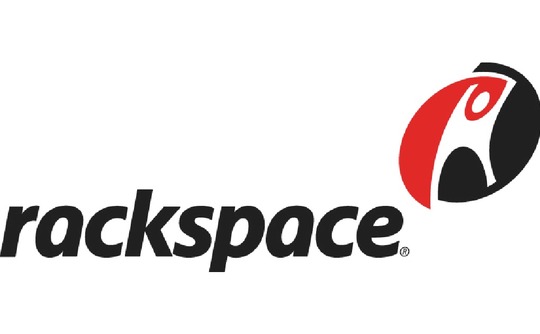 It’s been a while since I became an official Rackspace partner, and it has been absolutely amazing working with the Rackspace team over the course of these past months. They truly have some amazing ideas and one of those ideas has finally come to fruition. Last week Rackspace announced the launch of their OnMetal Cloud Servers — an API-driven, single-tenant Infrastructure-as-a-Service offering designed for customers with rapidly growing infrastructure footprints who seek the agility and elasticity of the cloud along with the simplicity and performance of colocation.
It’s been a while since I became an official Rackspace partner, and it has been absolutely amazing working with the Rackspace team over the course of these past months. They truly have some amazing ideas and one of those ideas has finally come to fruition. Last week Rackspace announced the launch of their OnMetal Cloud Servers — an API-driven, single-tenant Infrastructure-as-a-Service offering designed for customers with rapidly growing infrastructure footprints who seek the agility and elasticity of the cloud along with the simplicity and performance of colocation.
“The rising complexity of the multi-tenant cloud affects applications in a variety of ways,” said Taylor Rhodes, president of Rackspace. “Virtualization and sharing a physical machine are fantastic tools for specific workloads at certain scale; however, we’ve learned that the one-size-fits-all approach to multi-tenancy just doesn’t work once you become successful, so we created OnMetal to simplify scaling for customers to stay fast and lean with a laser-sharp focus on building out their product.”
Noisy neighbors in multi-tenant environments can degrade network latency, disk I/O and compute processing power, which can create unpredictable application performance. Rackspace is tapping into its expertise in scaling applications to offer a solution that helps to eliminate the pain points typically associated with the current, predominant model.
“What’s exciting about bare metal with an API is that you get all the benefits of cloud infrastructures, such as full automation and writing software to manage your servers, but without any of the compromises on performance or reliability,” said Alex Polvi, CEO of CoreOS. “Running CoreOS on OnMetal Cloud Servers, you get a host operating system that is optimized for efficiency and ready to run your container-based applications from first boot.”
Now it’s important to note that this is certainly not the first bare-metal cloud service ever launched. SoftLayer was founded around this concept, and Rackspace itself has offered bare-metal servers before. OnMetal however is very different from both of these. It’s faster, and it’s more stable. The company’s previously existing bare-metal offering is more like traditional dedicated hosting, where a customer has to wait hours or sometimes even days to have a server provisioned; and then they would be billed for that server on a monthly basis. OnMetal is deployed instantaneously and is billed at an hourly rate.
If you’re curious how OnMetal can work for you feel free to leave a comment below, or reach out to me via my contact page.
